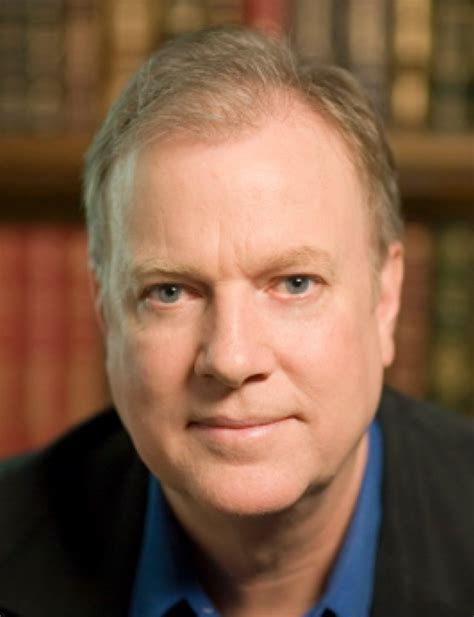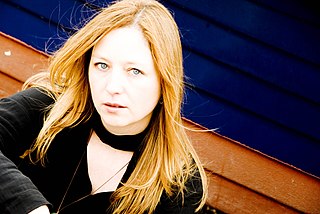A Quote by Peter Morgan
For 'Frost/Nixon,' everyone I spoke to told the story their way. Even people in the room tell different versions. There's no one truth about what happened in those interviews, so I feel very relaxed about bringing my imagination to the piece. God knows everyone else has.
Related Quotes
But many, many stories were told; from what could be gathered, all fifty of the mine's inhabitants had reacted on each other, two by two, as in combinatorial analysis, that is to say, everyone with all the others, and especially every man with all the women, old maids or married, and every woman with all the men. All I had to do was to select two names at random, better if different sex, and ask a third person, "What happened with those two?" and lo and behold, a splendid story was unfolded for me, since everyone knew the story of everyone else.
I don't think that those things [so called common practice] ever truly existed in the way that we like to believe that they do, the way we learn about them in music history class. Those things are defined at least decades after they happen. And even then, it's a fallacy because when you're in the moment, when you're in a thriving scene of musicians, inevitably everyone is going to be doing something completely different from everyone else
Start telling the truth now and never stop. Begin by telling the truth to yourself about yourself. Then tell the truth to yourself about someone else. Then tell the truth about yourself to another. Then tell the truth about another to that other. Finally, tell the truth to everyone about everything. These are the Five Levels Of Truth Telling. This is the five-fold path to freedom.
I told him the truth, that I loved him and didn't regret anything about our lives together. But do we ever 'tell the truth, the whole truth, and nothing but the truth, so help me God' as my father used to say, to those we love? Or even to ourselves? Don't even the best and most fortunate of lives hint at other possibilities, at a different kind of sweetness and, yes, bitterness too? Isn't this why we can't help feeling cheated, even when we know we haven't been?
Characters who are absolutely sure about what they do, who plunge ahead without fear, are not that interesting. We don’t go through life that way. In reality, we have doubts just like everyone else.
Bringing your Lead’s doubts to the surface in your plot pulls the reader deeper into the story, and this is an excellent way to coax the reader to lose himself in the story world you’re about to create.
When I am told (by those who confuse predestination with God's providence) that God already knows who will be saved and who will be damned, and therefore anything we do is useless, I usually answer with four truths that the bible spells out for us:God wants that everyone be saved; No one is predestined to go to hell; Jesus died for everyone; and everyone is given sufficient graces for salvation.
Something may have happened before, and yet this thing that happened just after may be so important that you don't even know about the thing that happened before and when you tell your story to yourself, or to someone else, it's going to be told not on the basis necessarily of the time course, but rather on the basis of how it was valued by you.





































